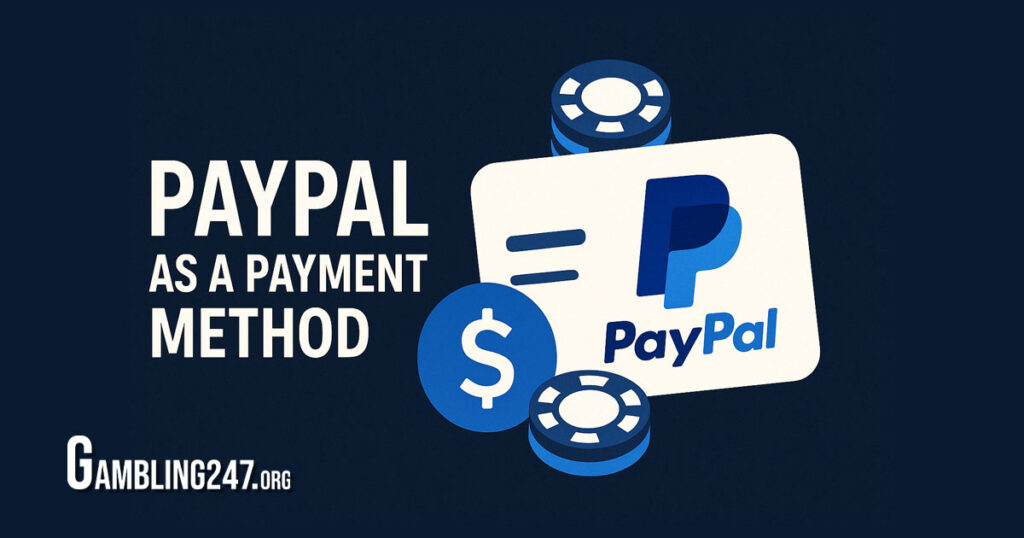What is PayPal – An Introduction to PayPal

PayPal is one of the world’s most widely used online payment systems. It allows you to send money, receive payments, and shop online without sharing your financial details with sellers. This guide explains what PayPal is, how to create an account, and provides background on the company.
What is PayPal?
PayPal is an electronic payment service that works as a secure middleman between your bank account or credit card and merchants. It allows you to:
- Send money to friends and family
- Pay for online purchases
- Receive payments for goods or services
- Store funds in a PayPal balance
- Link multiple bank accounts and cards to one account
The main benefit of using PayPal is security – when you make a purchase, your financial information isn’t shared with the seller. PayPal also offers buyer protection on eligible purchases.
How to create a PayPal account
Setting up a PayPal account is straightforward and free:
- Visit the PayPal website or download the mobile app
- Click “Sign Up” and choose between a personal or business account
- Enter your email address and create a secure password
- Provide your personal information including name, address, and phone number
- Link a bank account, debit card, or credit card to your PayPal account
- Verify your email address by clicking the link sent to your inbox
- Complete any additional verification steps if required
Once your account is set up, you can start using PayPal immediately, though some features may be limited until you complete additional verification steps.
The history of PayPal
PayPal was founded in 1998, originally under the name Confinity. It was created by a team including Peter Thiel and Max Levchin. In 2000, Confinity merged with X.com, an online banking company founded by Elon Musk.
Key milestones in PayPal’s history:
- 2001: The company was renamed PayPal
- 2002: PayPal went public with an IPO and was later acquired by eBay for $1.5 billion
- 2015: PayPal separated from eBay to become an independent company again
- Present day: PayPal serves over 400 million active users in more than 200 markets worldwide
Over the years, PayPal has expanded its services through acquisitions of companies like Braintree (which owned Venmo), Xoom, Honey, and others.
How PayPal compares to alternative payment methods
PayPal vs. Bank Transfers
Advantages of PayPal:
- Faster processing times
- Email address used instead of bank details
- Buyer protection services
Disadvantages:
- May have fees for certain transactions
- Account can be frozen during disputes
PayPal vs. Credit/Debit Cards
Advantages of PayPal:
- Added layer of security by not sharing card details
- Single account for multiple cards
- Simpler checkout process (one login vs. entering card details)
Disadvantages:
- Not accepted as widely as major credit cards
- May miss out on card-specific rewards
PayPal vs. E-Wallets (Skrill, Neteller)
Advantages of PayPal:
- More widely accepted
- Often has lower fees
- Better customer service
- More robust buyer protection
Disadvantages:
- Some e-wallets may have better specific features for gambling transactions
- Other e-wallets might have faster withdrawal times in certain markets
PayPal and Online Gambling
Current Policy
PayPal maintains a strict policy when it comes to online gambling transactions. It only partners with gambling operators that hold valid licenses in regulated jurisdictions. For example:
- In the UK and Spain, where online gambling is properly licensed and regulated, PayPal works with authorized operators
- PayPal does not offer its services in markets where online gambling falls into a legal “gray area”
- Gambling sites must meet PayPal’s stringent verification and compliance requirements
This selective approach means that if you can use PayPal at an online gambling site, it’s typically a good indicator that the site is operating legally within your jurisdiction.
History with Gambling Transactions
PayPal’s relationship with online gambling has evolved significantly:
- After eBay acquired PayPal in 2002, the company largely withdrew from processing gambling transactions
- This withdrawal created opportunities for competitors like Neteller and Skrill (formerly Moneybookers) to establish themselves in the online gambling space
- Around 2010, PayPal began cautiously re-entering the gambling payment market, starting with highly regulated markets like the UK, where PayPal casinos became quickly very popular among the players
- PayPal now takes a jurisdiction-specific approach, evaluating each market’s legal framework before offering services
- In regions like the United States, PayPal assesses each state’s gambling regulations individually as they develop
This cautious, compliance-focused strategy reflects PayPal’s emphasis on regulatory adherence and risk management in the gambling sector.
Summary
PayPal offers a secure, convenient way to make online payments and money transfers. With its straightforward setup process and widespread acceptance, it has become a popular choice for many online transactions.
For online gambling purposes, PayPal can be a useful payment option where available, offering security and convenience. However, availability is strictly limited to licensed operators in regulated markets.
In future articles, we’ll explore PayPal’s use specifically for online casinos and betting sites, including availability, deposit and withdrawal processes, and important considerations for gamblers.
